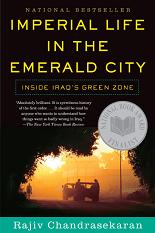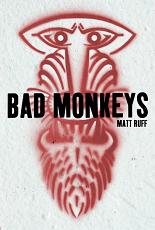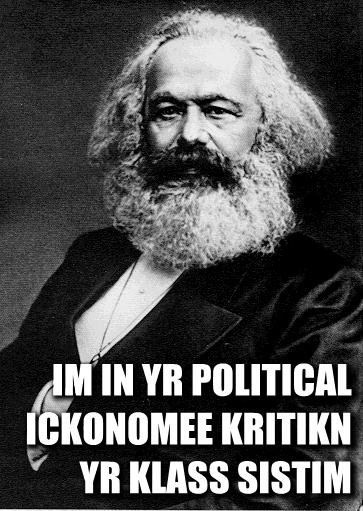
Imperial Life in the Emerald City
Rajiv Chandrasekaran
365 pages including index
published in 2006
The Emerald City was what its inhabitants called the Green Zone in Baghdad in 2003-2004: a pleasant bubble of transplanted America, cut off from the everyday reality of Iraq, the ultimate ivory tower where the Coalition Provisional Authority that was in power in that year made its plans for the future of Iraq, unhindered by much knowledge of the world outside their bubble. Imperial Life in the Emerald City is an eyewitness account of that first year of the American occupation of Iraq, as seen from inside the bubble. It’s a story of how wide eyed innocents and well intentioned ideologues came to Iraq to remake the country into a model of Jeffersonian freemarket democracy, with little more to recommend them for the job than their personal loyalty to Bush and the Republican party and how they were cruelly disappointed by the reality of post-war Iraq and its missed opportunities.
In short, this is a whitewash, though perhaps not a conscious whitewash. It’s true the New York Times quote on the back calls this a “A visceral –sometimes sickening– picture of how the administration and the handpicked crew bungled the first year in postwar Iraq” and that every other page or so has you slapping your face at yet another incredibly obvious stupidity, but in the end it’s still a whitewash. The clue is in that word bungled. As if the Bush administration and their lackeys in Iraq started the war and subsequent occupation with the best of intentions, but lacked the competence to fulfill them, or took the wrong decisions for Iraq not to further their own ends, but because they were a bit naive about the realities of the country. The book is steeped in the assumption that, while the people in charge may have made the wrong decisions, they had every right to attempt to make those decisions. It’s like reading a book on British rule in India that only tells of the problems the British had in establishing their rule and in the day to day running of their empire, without ever questioning the presence of
the British there.

